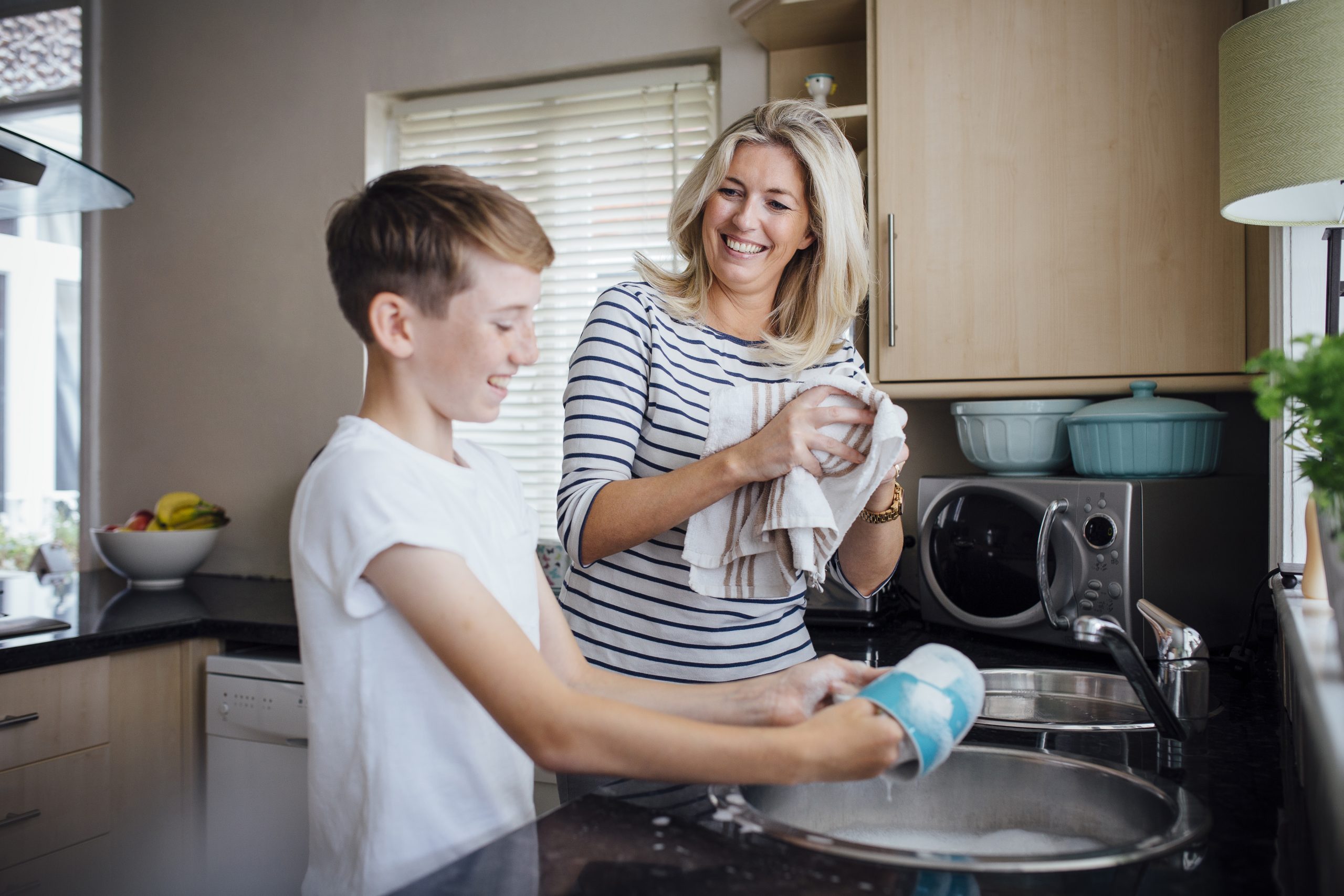Effective Strategies For Parenting During Therapy

Effective Strategies For Parenting During Therapy
Raising kids is extremely fulfilling. Parents told us so in a recent survey. It can also be very challenging (they told us that too!) Add in the complexities of a mental health diagnosis and many parents wonder how to deal with the “day to day” parenting challenges while their son or daughter is in therapy.
The first thing to remember is a mental health diagnosis is just like a physical diagnosis. Your kid is still your kid! If your daughter has a sprained ankle you’d take her to a physical therapist but then she still has to exercise and rehab at home to get better. The same rules apply to mental health. Use the tools you receive in therapy to connect with your child.
“You don’t have to change your whole parenting strategy, but there may be some techniques to build their self-worth, increase their self-value and improve their mood,” Beech Acres Parenting Center Therapy Supervisor Rachel Eccles advises. “Every child is an individual. You have to be intentional about using their strengths to create a system that works for the family.” Building on a child’s strengths is a key part of the approach to helping families at Beech Acres Parenting Center. Natural Strength Parenting™, our unique strengths-based approach, allow our therapists to focus on building up children. The focus is not “what’s wrong with the child” it’s “what happened to the child.” “You get farther faster when starting with something that someone is good at,” Rachel said. “You start with what they can do.”
As a modern parenting center, Beech Acres believes that the best way to help kids is through their parents. We encourage parents to be actively involved in their child’s therapy and empower them with the tools to encourage success at home. “We like to find out about our parents. Find out their strengths, discover their stressors, and understand what their life is like,” Rachel said. “We want to meet parents where they are.” “What do I do when…” is a huge concern for most parents. “What do I do when my child is having an outburst?” “What do I do when my child is withdrawing?” “What do I do when my child is angry?” Your mental health providers are here to help you answer those questions.
Knowing your child’s strengths as well as your own helps establish a baseline for your parenting style. “Understanding strengths is important because it builds on the positive,” Rachel said. You can discover your families unique character strengths by completing the VIA Character Strengths Survey. VIA identifies 24 character strengths and classifies them into six categories: Wisdom, Courage, Humanity, Justice, Temperance, and Transcendence.
Once you’ve identified your family’s strengths you can begin to be intentional in your interactions with your child. If your son is struggling with anxiety and has a strong love of learning you can set an intention to read together, go to the library, or complete a fun science activity. If your daughter is coping with depression and has a keen appreciation of beauty and excellence you can intentionally spend some time together outdoors or plan a hike together. These moments together can reinforce techniques from their therapy and amplify positivity in your relationship.
Being present in the moment and fully engaged with your child is also important. “From the beginning, we encourage mindfulness,” Rachel said. “Being in the moment with your child and having fun is so important and so helpful.” Parents of younger children are encouraged to take time to play with their child during therapy. Once they see the benefits of being in the moment with their child they are encouraged to incorporate these mindful moments at home. “Just play with your child 5 minutes a day and really appreciate that time together,” Rachel says.
Parenting in a rapidly changing world can be a challenge. While these challenges may seem more pronounced after your child receives a mental health diagnosis, fortunately, there are support mechanisms in place to help you be the best parent you can be. Focusing on your child’s strengths, being intentional with your parenting, and being mindful about the time you spend with them will make a big difference.
You can learn more about Natural Strength Parenting™ and find a link to take the VIA survey on our website.




